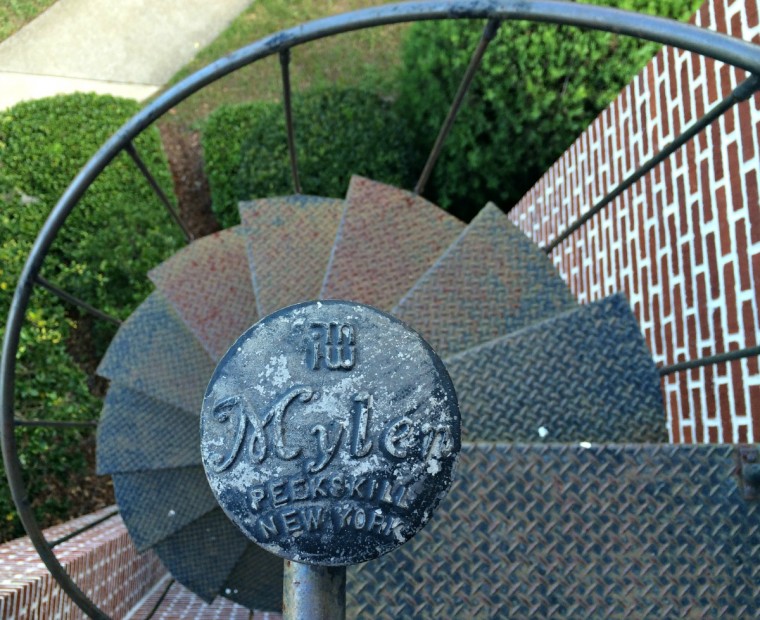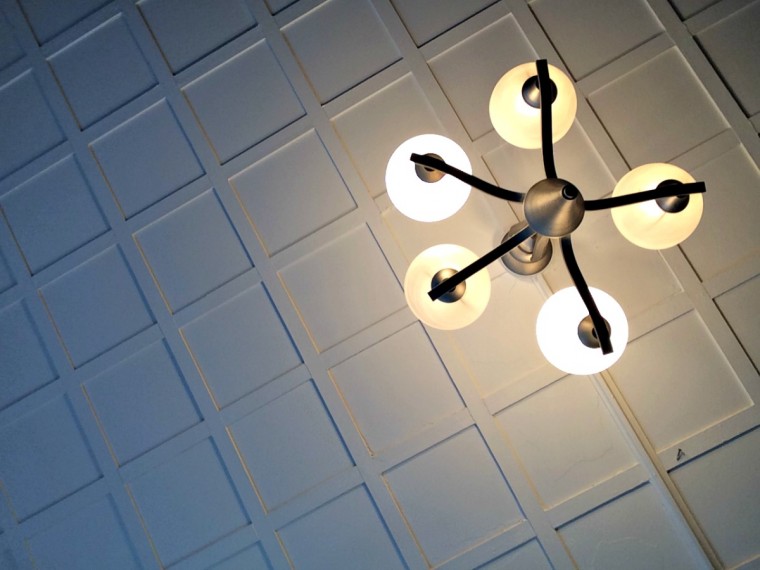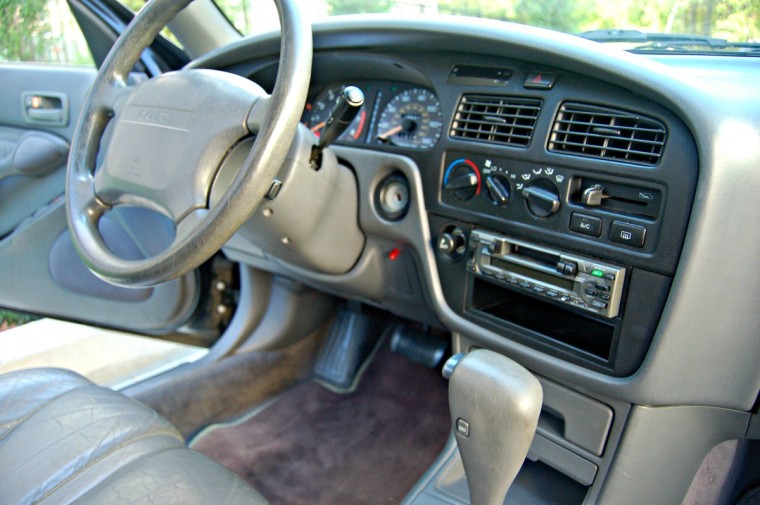In his book The Icarus Deception, Seth Godin describes artists as “fairly normal” when they are not creating art. He goes as far as to call them “boring” the rest of the time. But wouldn’t you expect an artist to be an artist all the time?

First, what is art? Art is what you would do even if no one ever saw it. It is your God-given desire to create and express your unique shade of excellence.
Who is an artist? Anyone who actively creates. Painters, musicians, construction workers, bartenders, teachers, and dentists all start on the same level. Some become artists, while others consume art.
Back to the original question: Should an artist be an artist all the time, in all aspects of life?




